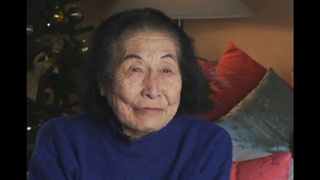Interviews
Playing for Yourself
To take it back to Kinnara and it’s origins, I think one of the things we tried to put together was a group that had Buddhists precepts in mind in its very formation and as kind of rules of behavior and interaction. So what we tried to say was, “Let’s try to put together a group where it’s not so important to play for the people.” I make associations all the time, but my shakuhachi sensei said the same thing. When you play shakuhachi, don’t play it for the audience. If you do, you get nervous. But play to polish your own spirit.
So here in the context of Kinnara, it was to really take a look at our own egos—how we interact with people. Do I get angry? If I make a mistake, am I embarrassed? Why are you embarrassed? Is it a ego thing? Yeah, sure.
So what are we learning from these experiences of Taiko? How fast does a group move in terms of, “Okay, somebody is not learning quite as fast as everybody else”? Well, Mas made a very strong statement that you only move as fast as your slowest person. In terms of other precepts, that we respect each other and that we don’t yell and scream. We try to enjoy ourselves, too. Just play. Just play. Just dance. That idea that Mas keeps coming up with.
Date: December 10, 2004
Location: California, US
Interviewer: Art Hansen, Sojin Kim
Contributed by: Watase Media Arts Center, Japanese American National Museum




